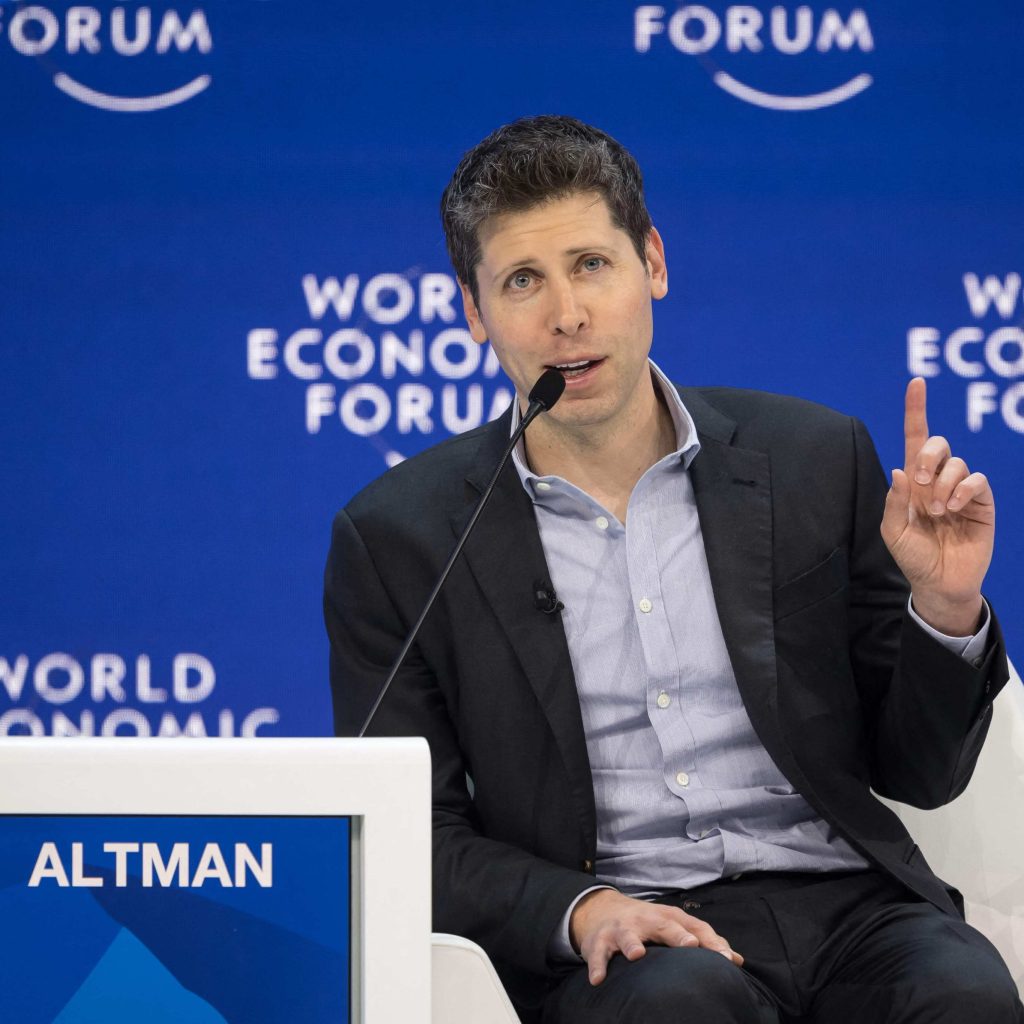In a strategic move towards bolstering Europe’s technological sovereignty, Evroc, the Swedish startup, has unveiled ambitious plans to secure €600 million in funding. This substantial capital injection is earmarked for the construction of a groundbreaking hyperscale cloud center adjacent to Stockholm’s international airport.
As the company sets its sights on establishing a formidable presence in the cloud services arena, the emphasis lies not only on technological prowess but also on sustainability, aiming to provide a viable alternative to industry giants like Amazon Web Services (AWS). The cornerstone of this endeavor is the creation of the largest AI infrastructure in Europe, catering to clients with stringent security concerns that preclude them from utilizing US-based services.
Evroc’s flagship hyperscale cloud center
The decision to locate the 3,500 square meter flagship data center near Stockholm’s international airport is rooted in both geographical convenience and sustainability. Evroc, with a vision to challenge the dominance of AWS and Google, emphasizes the availability of green energy in Sweden as a key factor. Founder Mattias Åström underscores the importance of proximity to the development hub in central Stockholm and access to essential resources like land and electricity. The data center, constructed with stone instead of cement, aims to set a new standard for sustainability in the realm of data centers.
At the core of Evroc’s hyperscale cloud initiative lies a formidable infrastructure housing 16,000 graphics processing units (GPUs), a scale unparalleled in any other single location in Europe. This powerhouse of computing capability is dedicated to servicing large AI projects for companies and government agencies. Evroc positions itself as a catalyst for entities lacking their AI development infrastructure or facing restrictions in utilizing US-based services due to security concerns. By offering shared AI infrastructure, Evroc seeks to democratize access, enabling a diverse range of organizations to train their models efficiently.
Evroc’s unique approach to US competition
Evroc’s founder, Mattias Åström, asserts that the company’s objective is not to directly compete with industry giants like Google or AWS. Instead, Evroc aims to fill a crucial gap by providing services to those unable to utilize US-based cloud providers. Åström leverages the timing advantage, highlighting that Evroc’s data centers are being built 15 years after their US counterparts. This temporal lag allows Evroc to learn from and leapfrog the evolutionary steps undertaken by the pioneers in the industry, particularly in the rapidly evolving field of AI.
While the construction of the data center itself constitutes a fraction of the €600 million Evroc seeks to raise, the bulk of the funds will be allocated to the acquisition of GPUs and computing power. In a bid to secure this substantial financial backing, Evroc has already raised €13 million in a pre-seed round led by Swedish private equity company EQT. The funding strategy encompasses a combination of venture capital, debt, and grants. Åström highlights the positive reception from both public and private actors, as well as the supportive stance of the European Union, signaling a collaborative effort towards technological sovereignty and sustainability.
Evroc’s ascent and the unveiling of Europe’s cloud landscape
As Evroc charts an ambitious course to establish Europe’s premier hyperscale cloud, the pivotal question arises: Can this Swedish startup redefine the landscape of cloud services, providing a secure and sustainable alternative to US-based giants? The confluence of technological innovation, strategic timing, and financial backing positions Evroc as a formidable player in the evolving narrative of cloud computing. Will Evroc’s commitment to sovereignty and sustainability pave the way for a new era in European cloud infrastructure, transcending the challenges posed by established industry leaders? Only time will unveil the answers as Evroc embarks on its quest to shape the future of hyperscale cloud services in Europe.





